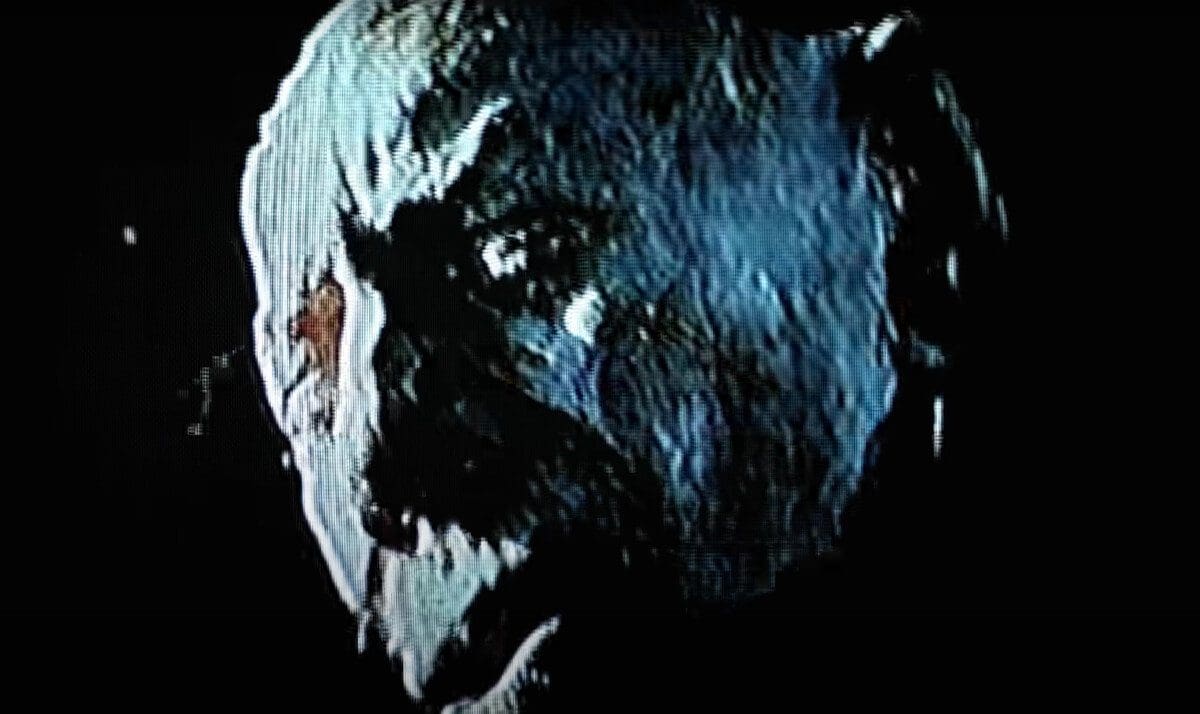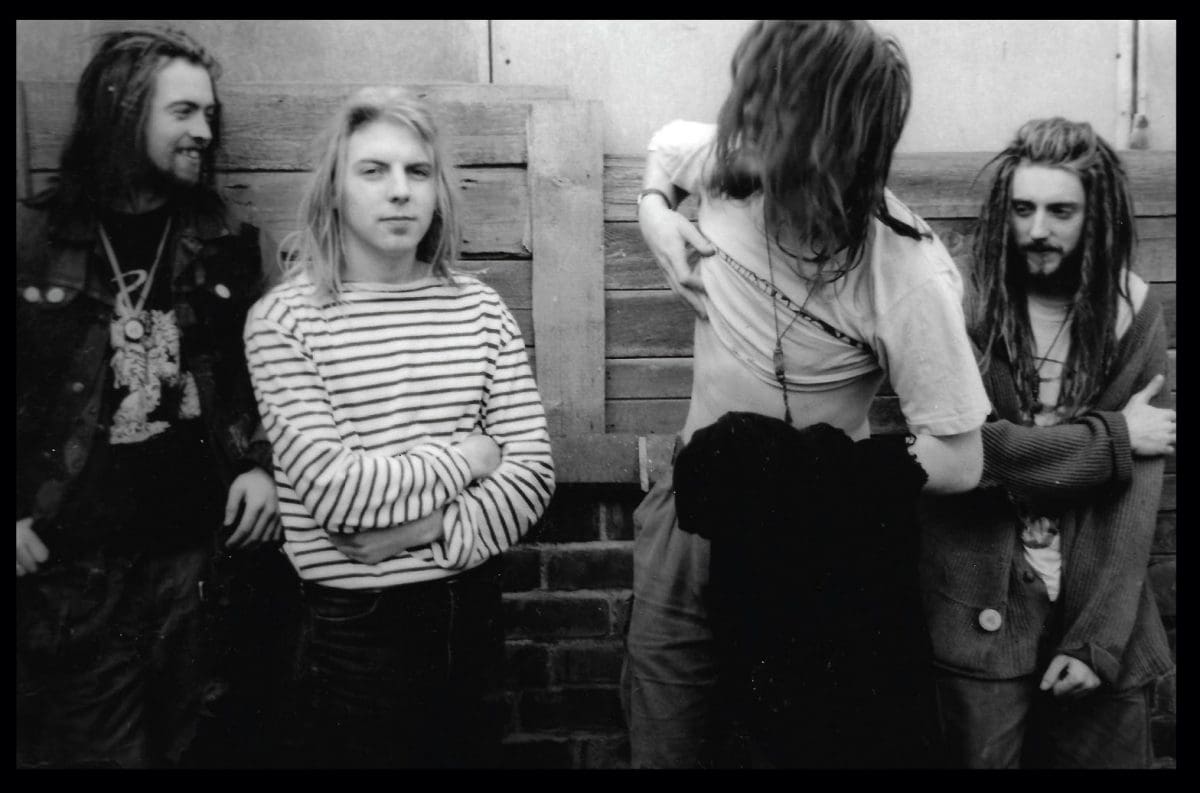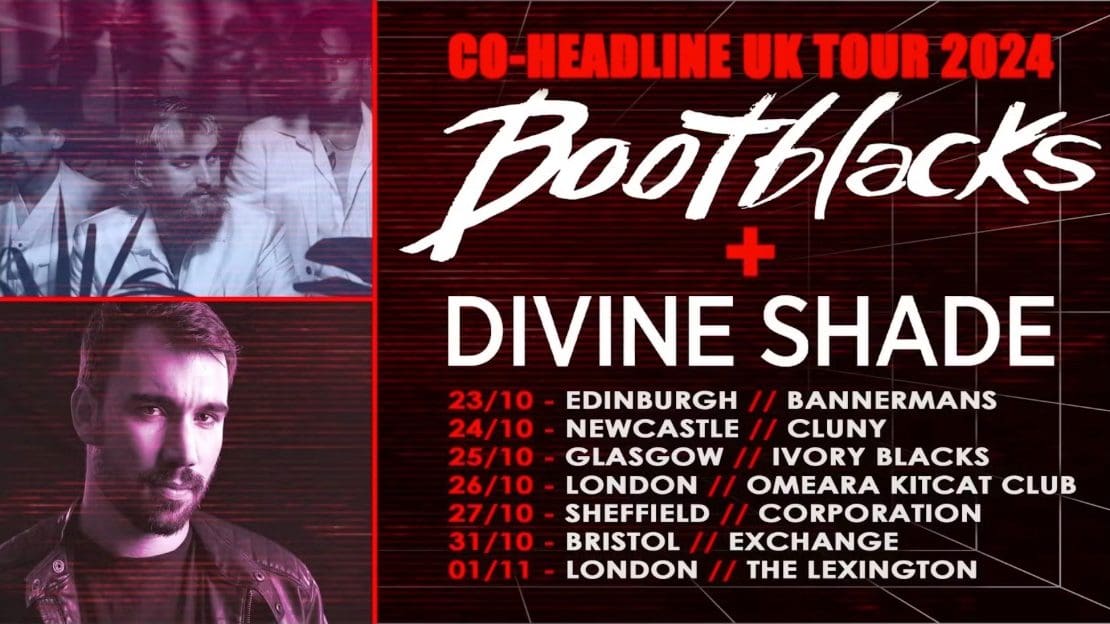Danny Elfman collaborates with Nine Inch Nails’ Trent Reznor for duet: ‘True’ – check out the video

The American composer, singer, and songwriter Danny Elfman (known from the new wave band Oingo Boingo and for his various film scores) has joined forces with Nine Inch Nails’ Trent Reznor. The result is the duet “True” (out via Epitaph Records) for which you can see the video below.
The video was directed by Aron Johnson and produced by Human Person. Additional video footage was done by Melisa McGregor. As far as the song goes, it was mixed by Alan Moulder including guitars by Danny Elfman, drums by Josh Freese and bass by Stu Brooks. The whole was mastered by Joe LaPorta at Sterling Sound.
Check out the video for the duet “True” below.
Elfman has frequently worked with directors Tim Burton, Sam Raimi, and Gus Van Sant, including the scores for 16 Burton-directed films including “Batman”, “Edward Scissorhands”, “Charlie and the Chocolate Factory”, “Alice in Wonderland”, and “Dumbo”. He also worked on Raimi’s “Spider-Man”, “Spider-Man 2”, “Oz the Great and Powerful” and “Doctor Strange in the Multiverse of Madness”.
As far as his work for Van Sant is concerned he wrote music for “Good Will Hunting” and “Milk”. Other work includes music for all of the “Men in Black” and “Fifty Shades of Grey” franchise films, the songs and score for Henry Selick’s animated musical “The Nightmare Before Christmas”, and the themes for the television series “Desperate Housewives” and “The Simpsons”.
About Oingo Boingo
Oingo Boingo was an American new wave band, formed by songwriter Danny Elfman in 1979. The band emerged from a surrealist musical theatre troupe, The Mystic Knights of the Oingo Boingo, that Elfman had led and written material for in the years previous.
Oingo Boingo were known for their experimental music, which can be described as mixing rock, ska, pop, and world music. The band’s body of work spanned 17 years, with various genre and line-up changes. Their best-known songs include “Only a Lad”, “Dead Man’s Party” and “Weird Science”.
As a rock band, Oingo Boingo started as a ska and punk-influenced new wave octet. During the mid-1980s, the band changed line-ups and adopted a more pop oriented style, until a significant genre change to alternative rock in 1994. At that point, the name was shortened to simply Boingo and the keyboardist and horn section were dropped. The band retired after a farewell concert on Halloween 1995, for which they reverted to the name Oingo Boingo and readopted the horn section.
Here are a few songs.
Since you’re here …
… we have a small favour to ask. More people are reading Side-Line Magazine than ever but advertising revenues across the media are falling fast. Unlike many news organisations, we haven’t put up a paywall – we want to keep our journalism as open as we can - and we refuse to add annoying advertising. So you can see why we need to ask for your help.
Side-Line’s independent journalism takes a lot of time, money and hard work to produce. But we do it because we want to push the artists we like and who are equally fighting to survive.
If everyone who reads our reporting, who likes it, helps fund it, our future would be much more secure. For as little as 5 US$, you can support Side-Line Magazine – and it only takes a minute. Thank you.
The donations are safely powered by Paypal.










